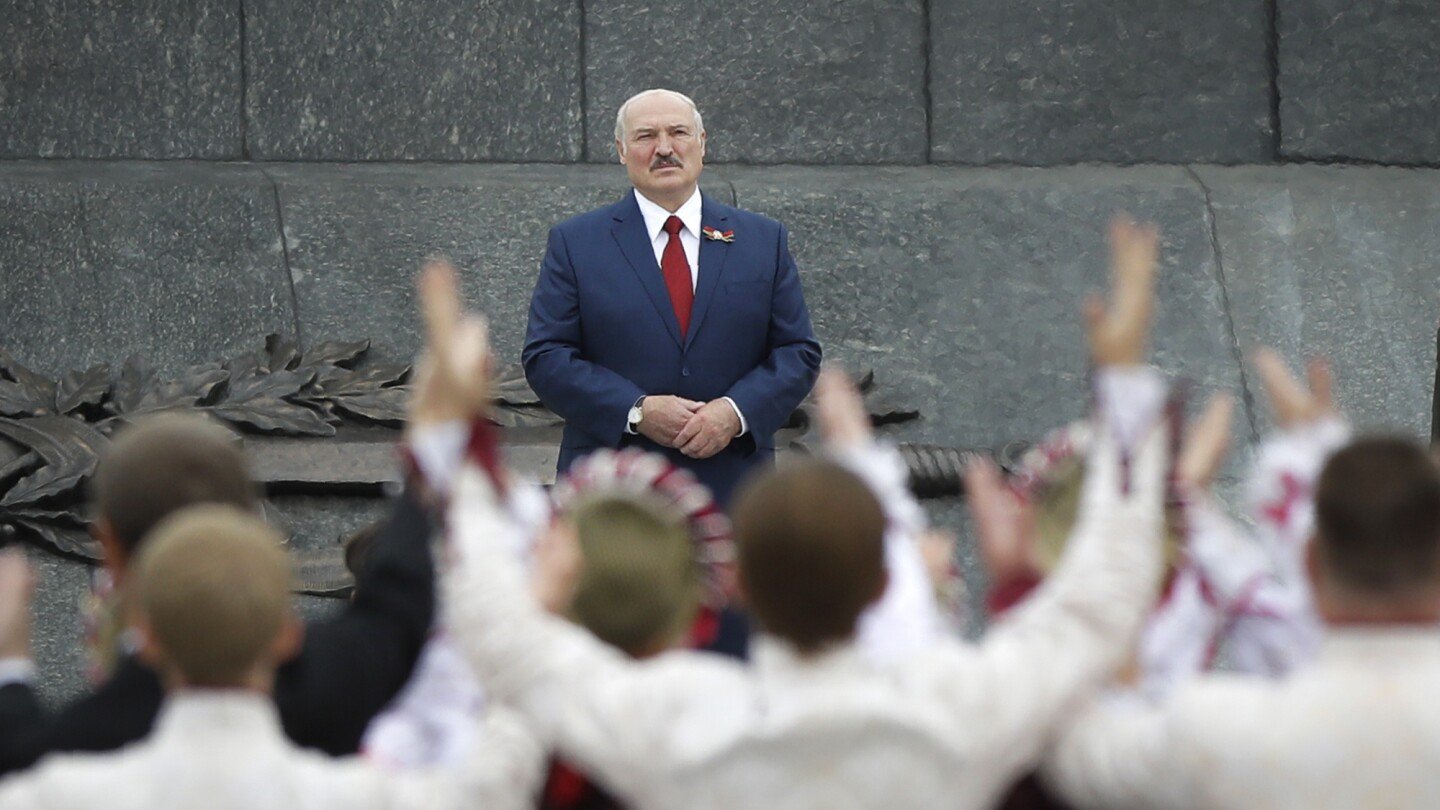When school started this year for Mikalay in Belarus, the 15-year-old discovered that his teachers and administrators no longer called him by that name. Instead, they referred to him as Nikolai, its Russian equivalent.
What’s more, classes at his school — one of the country’s best — are now taught in Russian, not Belarusian, which he has spoken for most of his life.
Belarusians like Mikalay are experiencing a new wave of Russification as Moscow expands its economic, political and cultural dominance to overtake the identity of its neighbor.
It’s not the first time. Russia under the czars and in the era of the Soviet Union imposed its language, symbols and cultural institutions on Belarus. But with the demise of the USSR in 1991, the country began to assert its identity, and Belarusian briefly became the official language, with the white-red-white national flag replacing a version of the red hammer and sickle.



There’s ratified UN conventions on what is legally considered genocide…
I would suggest that instead of sourcing your understanding of genocide from Lemmy comments, you go read it, or at least it’s Wikipedia entry.
Also yes, cultural erasure can be an act of genocide, but I doubt the Belarus situation would quality at the moment. Given their governments participation in the assimilation, it probably requires some additional actions, or metrics. But, it’s not like I’m a human rights lawyer, so maybe I’m wrong.